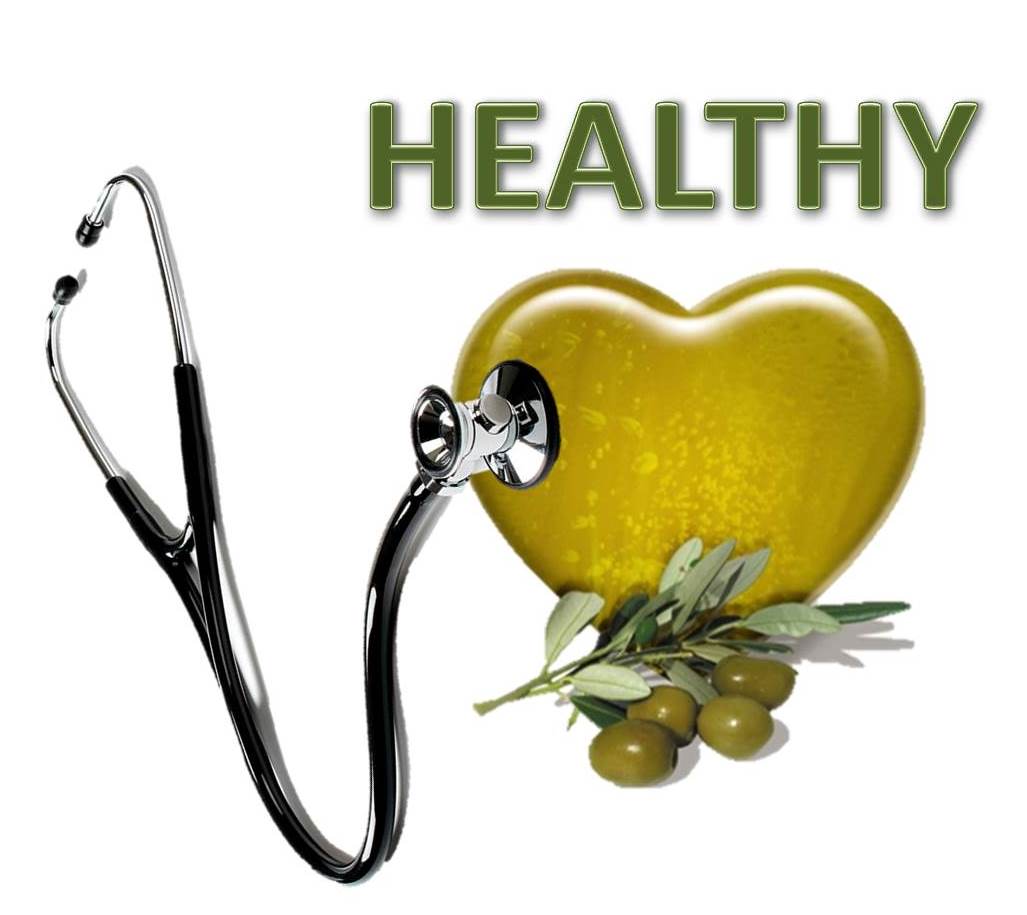 Various research studies have reported a close relationship between diet and blood pressure. Certain foods can raise blood pressure besides having an effect on body weight.
Various research studies have reported a close relationship between diet and blood pressure. Certain foods can raise blood pressure besides having an effect on body weight.
High blood pressure is known as arterial hypertension and is considered to occur when blood pressure readings are constantly over 140/90 mmHg.
High blood pressure is one of the main coronary risk factors in the development of arteriosclerosis. Along with high blood cholesterol, cigarette smoking, obesity and diabetes, it is one of the main health problems of the developed world. Like other risk factors, lifestyle can contribute to high blood pressure.
One in every four adults is hypertensive. This increases the risk of early death because of the damage to the body's arteries, especially the arteries that supply blood to the heart, kidneys, brain and eyes.
It has not yet been clearly established what elements of the Mediterranean diet are responsible for its effects in reducing blood pressure. It has been demonstrated, however, that the addition of olive oil to a diet that is not changed in any other way has a clear lowering effect on blood pressure, which seems to be specific to this oil. Regular consumption of olive oil decreases both systolic (maximum) and diastolic (minimum) blood pressure.
There is recent evidence that when olive oil is consumed the daily dose of drugs needed to control blood pressure in hypertensive patients can be decreased, possibly because of a reduction in nitric acid caused by the polyphenols.
Obesity is also a major health issue in the West because people eat large amounts and get little physical exercise. Nowadays, in cities especially, people are adopting a sedentary, stressful life. Over half the population of some industrialised countries is overweight, leading to increased risk of high blood pressure, diabetes, high cholesterol and triglycerides, all factors that increase the risk of cardiovascular diseases.
Obesity or overweight is when energy reserves, primarily in the form of fat, are excessive. It occurs when the amount of energy obtained through the diet is greater than the amount of energy expended. It is corrected by ensuring that energy expenditure (physical exercise, basal metabolic rate, etc.) is greater than energy intake.
A good weight-reducing diet should:
. provide less energy than is needed to maintain body weight;
. supply adequate amounts of all the nutrients;
. be acceptable, affordable and palatable.
Extra Virgin Olive Oil is a nutrient of great biological value. Like all other fats and oils it is high in calories (9 Kcal per gram), which could make one think that it would contribute to obesity. However, experience shows that there is less obesity amongst the Mediterranean people, who consume the most olive oil.
It has been demonstrated that an olive-oil-rich diet leads to greater and longer-lasting weight loss than a low-fat diet. It is accepted better because it tastes good and it is a stimulus to eat vegetables.
Other popular articles by Ian Mackay ©
Go to article: The World of Olive Oil - Introduction-Part 1
Go to article: The World of Olive Oil- Olive Oil Categories-Part 2
Go to article: The World of Olive Oil - How to recognise an authentic extra virgin olive oil - Part 3
Go to article: The World of Olive Oil - Olive Oil Tasting - Part 4
Go to article: The World of Olive Oil - True Virginity - Part 5
Go to article: The World of Olive Oil - The perfect Crime Scene - Part 6
Go to article: The World of Olive Oil - Harvesting Olives - Part 7
Go to article: Can I fry with Oilve Oil?